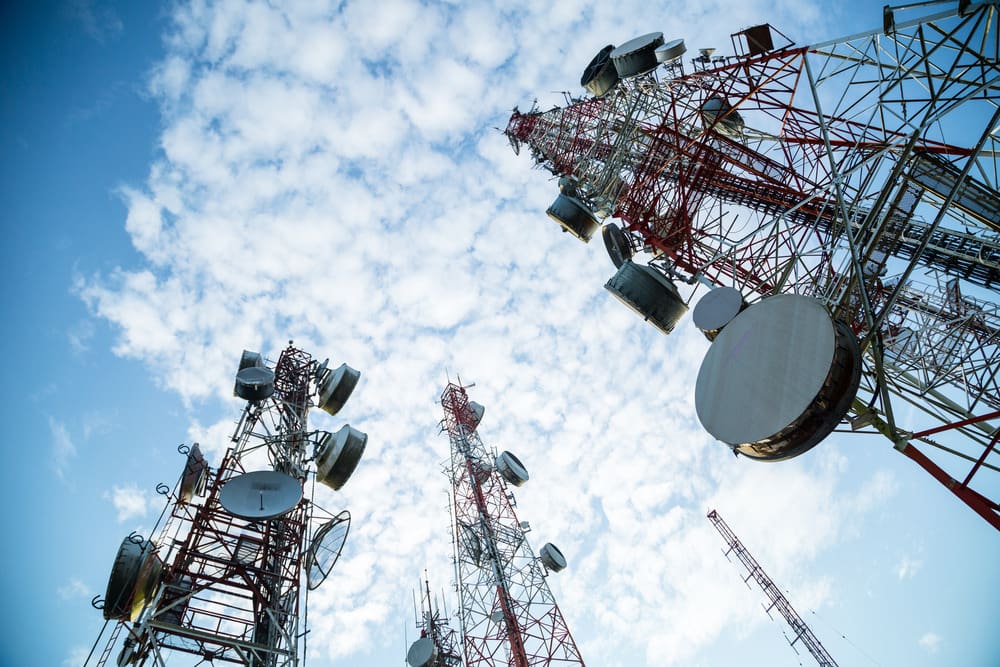The Evolution of Mobile Networks from 4G to 5G in Botswana
5G – More to it than a fast car?
The advent of 5G networks has had numerous benefits for technological applications, from ultra-low latency which ensures minimal delay and enables newer applications such as autonomous vehicles, to efficient telemedicine services and virtual reality.
Moving from 4G to 5G is almost like moving from driving a Golf to a Porsche in terms of speed, and technological advancements found in 5G applications prove the point. Let’s look at its major benefits.
5G networks in Botswana provide higher speed internet
Luckily, unlike in motoring, internet speed does not have legal limitations, as Porsche owners must often curse. However, for the recipient of a 5G transmission to get the full benefit of the higher speed, the 5G transmission capability must be present from the point of origination all the way to destination. If on any segment the transmission can only handle a lower speed of say 4G or lower, the 5G speed benefit will be lost to the recipient. In South Africa, throttling happens frequently and systematically, resulting in lower speeds than what was paid for.
Latency is a correlated phenomenon which is illustrated in TV interviews from distant locations. The field reporter often waits for a perceptibly long time to answer a question as there is a notable delay in the transmission. 5G is solving that problem in telecommunications, that is, if 5G is available throughout the chain. The issue of latency for most telephone and internet communications has already been resolved to an extent by 4G, and has become largely unnoticeable. 5G will essentially do away with latency in most data-hungry applications.
Enhanced Connectivity and IoT Applications with 5G Networks
5G offers undeniable benefits, but they come at a cost. It requires more cell towers and base stations since the 5G mmWave (millimetre-wave frequency) has a shorter propagation range and is more easily blocked by obstacles such as concrete walls and buildings.
For now, it seems that 5G has higher operating costs, driven by the necessity of a more extensive network including more towers, new radio frequency bands and more backhaul capacity requirements.
The big telecom companies (Vodafone, AT&T, Verizon, T-Mobile, Huawei, Orange and others) are all investing heavily in 5G to achieve ubiquity to enable people to run more internet of things (IoT) applications on their devices at the same time. This is already happening in surgery, where doctors are performing operations from remote locations enabled by IoT through interconnected devices, sensors, and systems that communicate and share data over the internet, enabling the connectivity and communication between various components involved in the surgical procedure.
The case of 5G networks in Botswana
Orange has already invested in 5G infrastructure in Botswana, which is currently limited to the backbone between Francistown and Gaborone. This indicates that new investments expanding into the more rural and remote areas will benefit from newer 5G technology and infrastructure than older technology that will be overtaken by 5G.
Botswana will definitely join the global village with 5G networks unlocking new possibilities for healthcare, agriculture, and transportation, underscoring the immense potential of 5G technology in shaping a more connected and efficient future for the nation.
Contact us to access WOW's quality research on African industries and business
Contact UsRelated Articles
BlogCountries Information and communicationSouth Africa
The AI Revolution in South Africa: Navigating the Unstoppable Tech Wave
Contents [hide] Tech trends in South Africa, like all over the world, are dominated by artificial intelligence (AI). As usual, initial reactions to new technology are often optimistic. The revolutionary...
BlogCountries Information and communicationSouth Africa
The Impact of streaming on music industry earnings in South Africa
Contents [hide] Historical evolution of the music industry From the revered gramophone, which was the first instrument capable of reproducing music and storing it on a flat disk, invented by...
BlogCountries Information and communicationSouth Africa
Telecommunications: a catalyst in African economic development
Contents [hide] The role of telecommunications in driving economic development Telecommunications serves as a backbone of modern economies and underpins various industries that are essential for economic activities, from financial...





